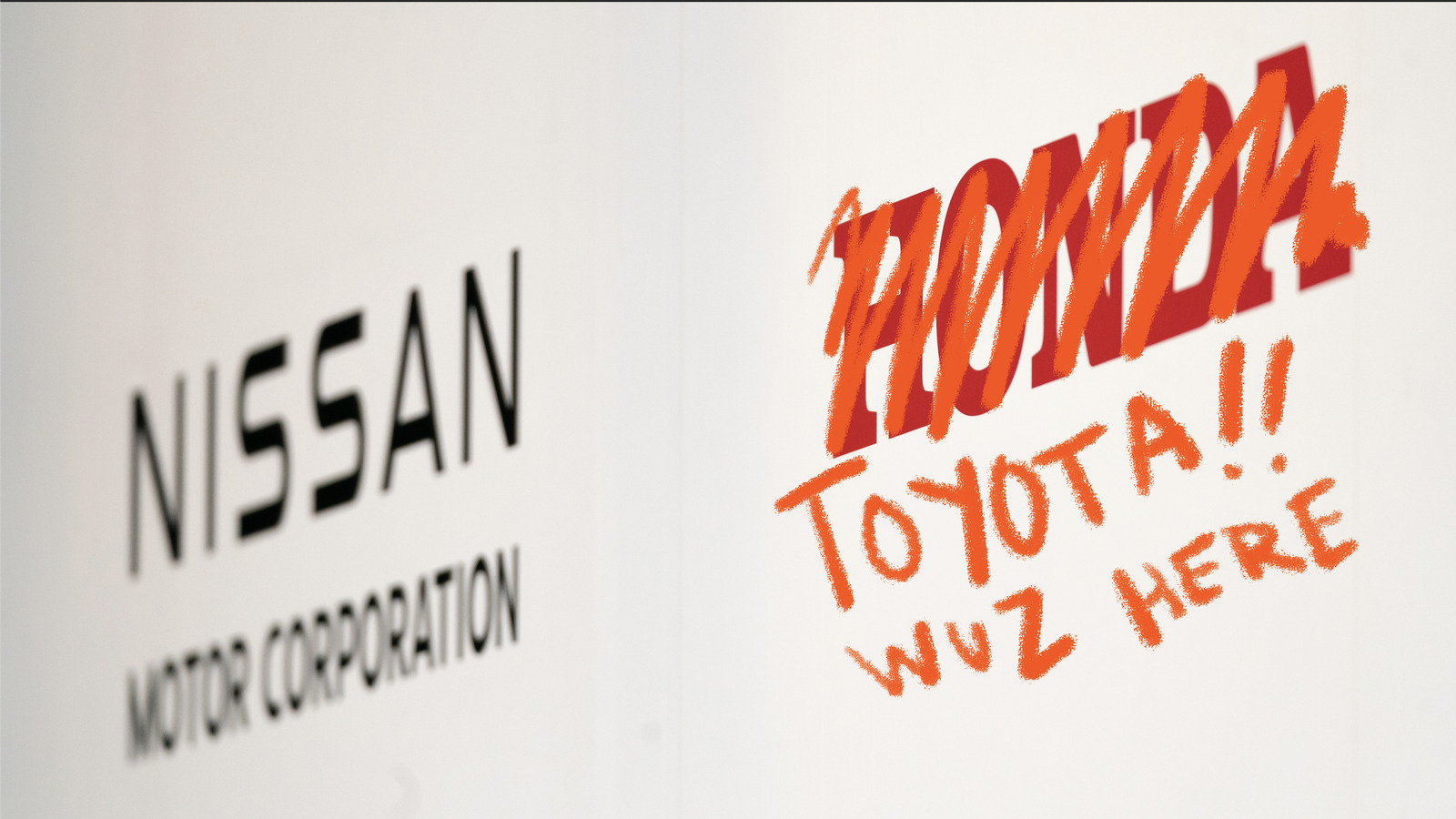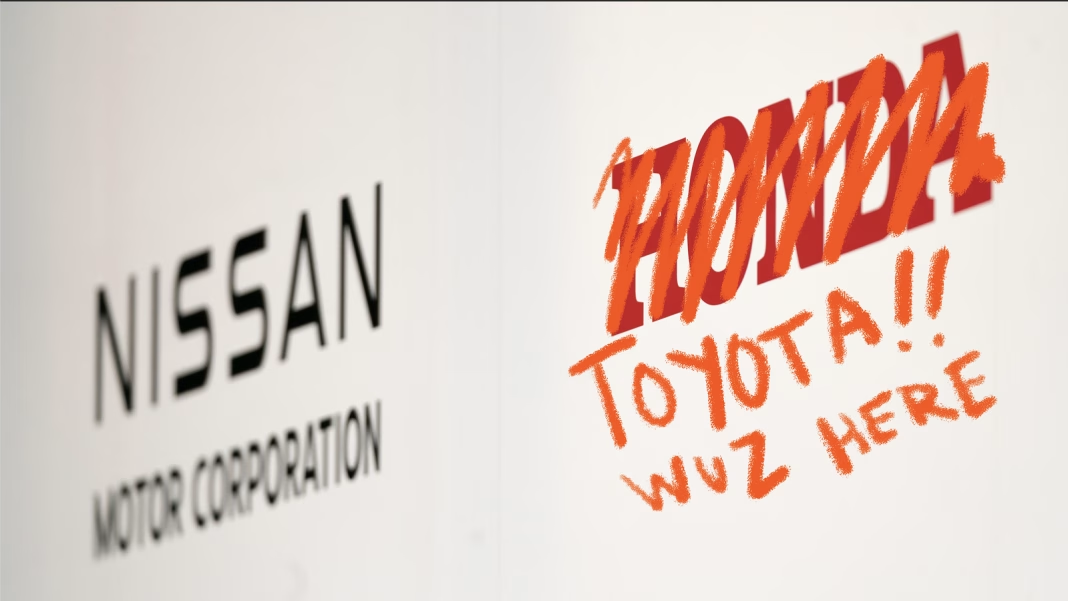Nissan’s Future: Could Toyota Be the Key to Its Revival?
When you think about the automotive giants, Nissan and Toyota often come to mind. Both have made significant contributions to the industry, but recent developments suggest that Nissan might be looking to its rival for a lifeline. With talks of a merger with Honda falling through, the question arises: could Toyota be Nissan’s unexpected savior?
The Landscape of Automotive Alliances
The automotive industry is no stranger to partnerships and alliances. Companies often join forces to share technology, reduce costs, and enhance their competitive edge. Nissan has been part of the Renault-Nissan-Mitsubishi Alliance, which has had its ups and downs over the years. However, with the recent collapse of merger talks with Honda, it seems Nissan is at a crossroads, needing to rethink its strategy.
Enter Toyota, a company that has consistently outperformed many of its competitors, including Nissan. With a strong reputation for reliability and innovation, Toyota has been a leader in hybrid and electric vehicle technology. This could be exactly what Nissan needs to regain its footing in a rapidly changing market.
What Could a Partnership Look Like?
Imagine a scenario where Nissan and Toyota collaborate on electric vehicle (EV) technology. Toyota has been investing heavily in hydrogen fuel cells and battery technology, while Nissan has made strides with its Leaf model. A partnership could leverage both companies’ strengths, creating a powerful lineup of eco-friendly vehicles that appeal to a growing consumer base concerned about sustainability.
Moreover, Toyota’s extensive supply chain and manufacturing expertise could help Nissan streamline its operations, potentially reducing costs and improving efficiency. This kind of collaboration could also foster innovation, as both companies would benefit from shared research and development efforts.
Challenges on the Horizon
Of course, any potential partnership comes with its own set of challenges. The automotive industry is fiercely competitive, and merging corporate cultures can be tricky. There’s also the question of brand identity—how would both companies maintain their unique identities while working closely together?
Additionally, Nissan has been grappling with its own internal issues, including management shake-ups and financial struggles. For Toyota, aligning with a company facing such challenges might seem risky. However, sometimes taking a calculated risk can lead to significant rewards.
Real-World Examples of Successful Collaborations
Looking at the industry, there are several examples of successful collaborations that have yielded positive results. For instance, the partnership between BMW and Toyota led to the development of the Toyota Supra and BMW Z4 sports cars. By combining their expertise, both companies were able to create vehicles that appealed to a broader audience while sharing the costs of development.
Another notable example is the alliance between Ford and Volkswagen, which focuses on electric and autonomous vehicles. This collaboration has allowed both companies to pool resources and expertise, ultimately benefiting their respective lineups.
The Road Ahead for Nissan
As Nissan navigates these uncertain waters, the potential for collaboration with Toyota could be a game-changer. It’s not just about survival; it’s about thriving in an increasingly competitive landscape. By embracing innovation and leveraging each other’s strengths, Nissan could emerge from this challenging period stronger than ever.
The big takeaway? Nissan’s revival isn’t solely about finding a partner; it’s about making smarter adjustments. Whether that’s through collaboration with Toyota or another strategic move, the focus should be on innovation and sustainability. Start with one change this week, and you’ll likely spot the difference by month’s end.


